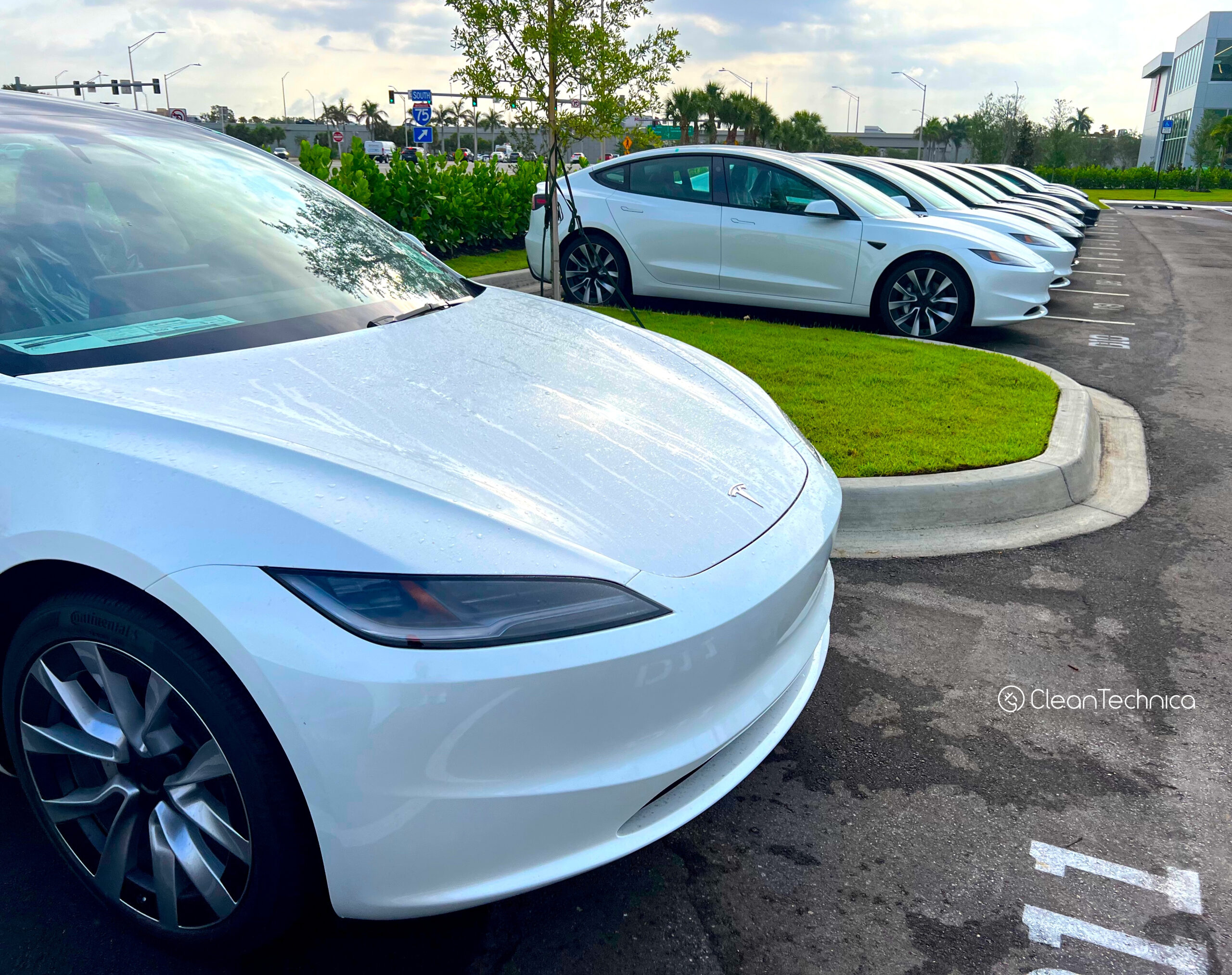Sign up for daily news updates from CleanTechnica on email. Or follow us on Google News!
I have been thinking about the idea that some people propose that the United States and a few other countries which emit greenhouse gases in high amounts should pay reparations to people in undeveloped countries. It really feels like a horrible idea, but I have been thinking about it anyway.
I was part of a generation that really knew America was close to perfect. President Eisenhower was as close to perfect as a man could be. American corporations all operated ethically. Electricity cost 3¢ per kilowatt-hour and probably always would. It was great, being six in the greatest country that had ever come into being.
Of course, President Eisenhower warned us about the “military industrial complex.” And I knew, despite the loud opinions of my classmates, that there were Indians who were both good and alive, because I had knew a really nice American Indian girl. In fact, I knew our treatment of some races was horrible. And because I had memorized the lyrics of the Tennessee Ernie Ford song “Sixteen Tons,” I knew that in our past, leaders of some companies were really horrible too. Except for Andrew Carnegie.
Nevertheless, the idea that we might even think of making reparations for our releases of greenhouse gases fills me with horror. I would be sure it was from some socialist, leftist crazies, if I hadn’t been convinced that climate change was happening fast enough to be dangerous.
I started my thoughts with a question: What if we designed a kit that would be the basis for a solar microgrid?
It would have to be modular, so any number of sets could be combined to make a community solar array. We could limit its cost to $1,000 and still have it be useful. Since that is the cost per unit of a large purchase of goods, it would be well below wholesale. It should be enough to provide a meaningful amount of solar capacity, a charger, an inverter, and a battery. The cost should be enough to include a computer and a monitor — I paid under $100 retail for a new computer that was powerful enough to surf that web (slowly), including a monitor. Also, everything in the kit would have to be built in the US. And finally, what if we gave these away to anyone who wants one, in any country that allows us to give them away.
I think the United States could buy a billion such kits to give away. Please don’t gag. I know that’s $1 trillion. But it is only a fifth of what congress allocated to fight COVID. Of course, we have to be careful because, “A trillion here, a trillion there, and pretty soon you’re talking about real money,” to paraphrase former Senator Everett Dirksen. (He originally said “billion.”)
But what would the effects be?
- America would be a hero to a lot of people, especially in Africa, where a majority of the sets might go.
- American companies could open up foreign markets where people never had electricity before.
- We could send sets to anyone who wanted them in Ukraine, so Russian bombing of the power lines would have much less effect on innocent people.
- We would be able to look China squarely in the eye.
- Some countries would refuse to let us distribute sets, but they would have to explain to their poor people why they did so. That might be good PR for the US.
- We would build up the industries in the US to make the components of the set. That means more American companies making photovoltaics, batteries, inverters, chargers, etc.
- Electricity prices could be reduced for many of our people in need.
- For some people in the US, the sets would provide their first electricity. We might think of the Navajo and other tribal groups here.
- There would be many of thousands of jobs would be created in the US. I would guess the number to be hundreds of thousands of jobs.
- We would increase resilience in many communities in the US and elsewhere.
- For every industry that is making components, there would be a reduction in prices (Wright’s Law).
- We would make things in this country that are now being obtained elsewhere. Computer chips come to mind. This would make us more resilient.
- We might actually make some headway on climate change.
- There’s probably a lot more, but I’ve run out of steam.
Now I would like to ask the readers: We know precisely what all this would cost. What do you think it would all be worth?
Image: A little electricity is a whole lot better than none at all. Photo from USAID in Africa via Wikimedia Commons.

Have a tip for CleanTechnica? Want to advertise? Want to suggest a guest for our CleanTech Talk podcast? Contact us here.
Latest CleanTechnica.TV Videos
CleanTechnica uses affiliate links. See our policy here.
CleanTechnica’s Comment Policy





